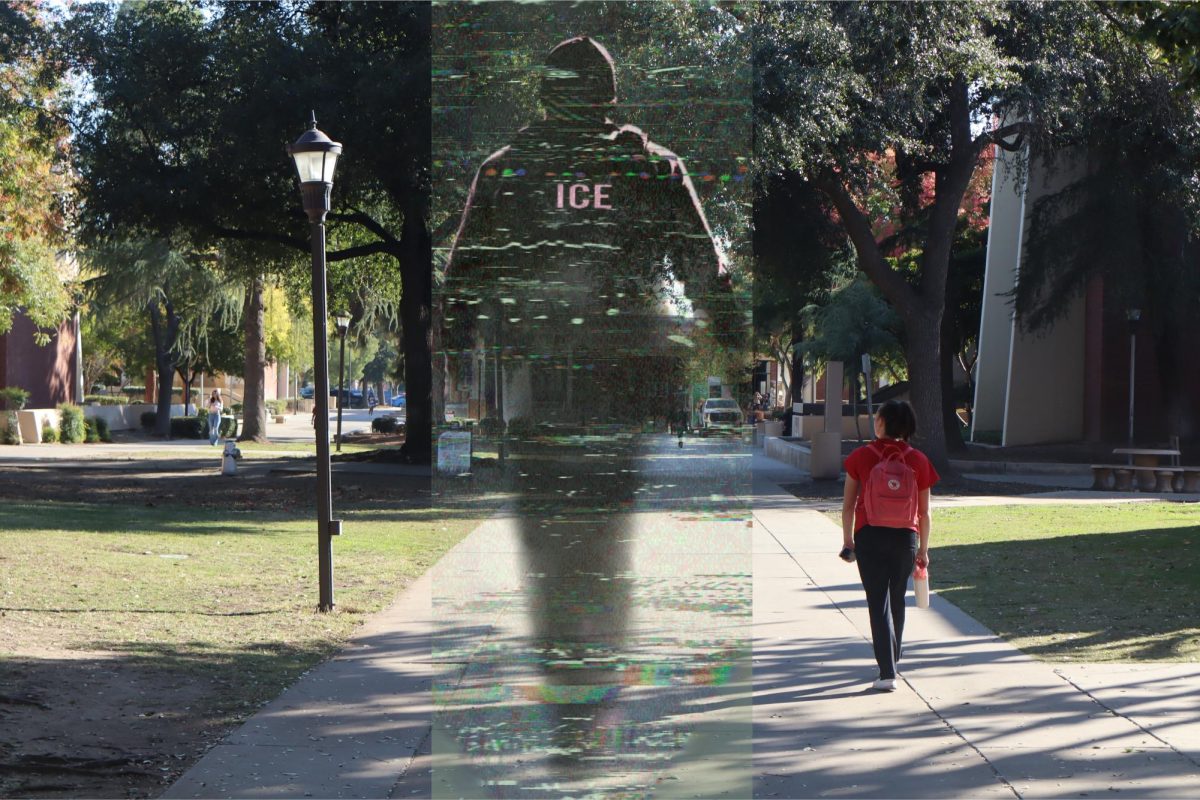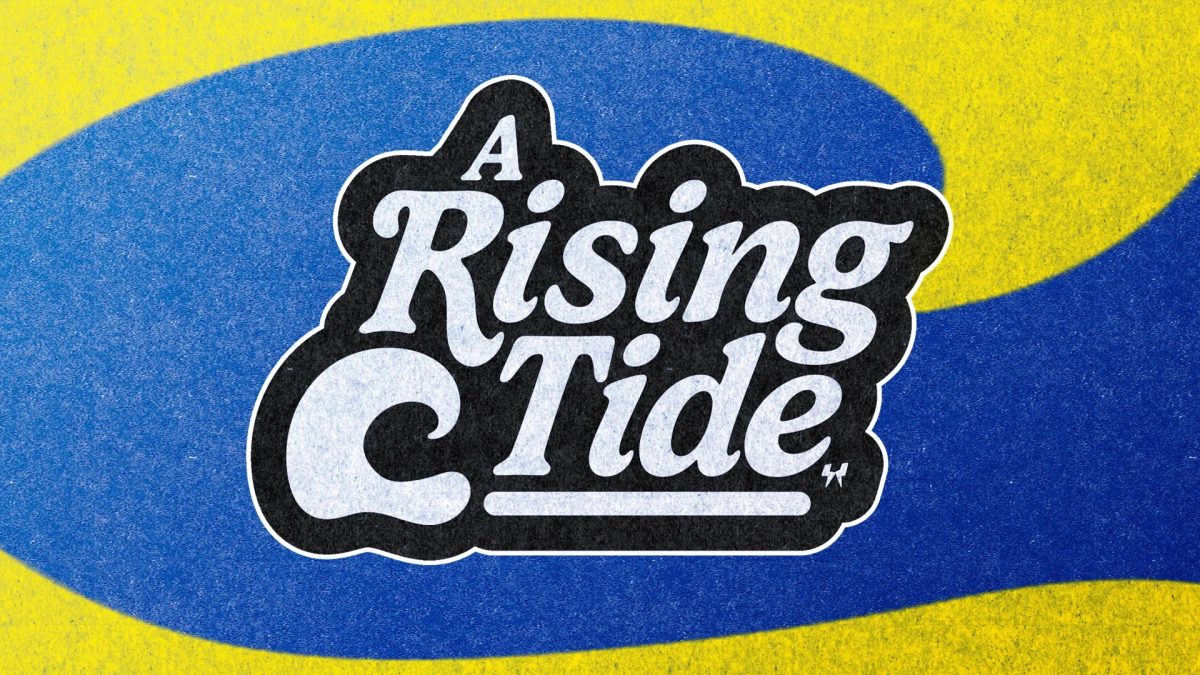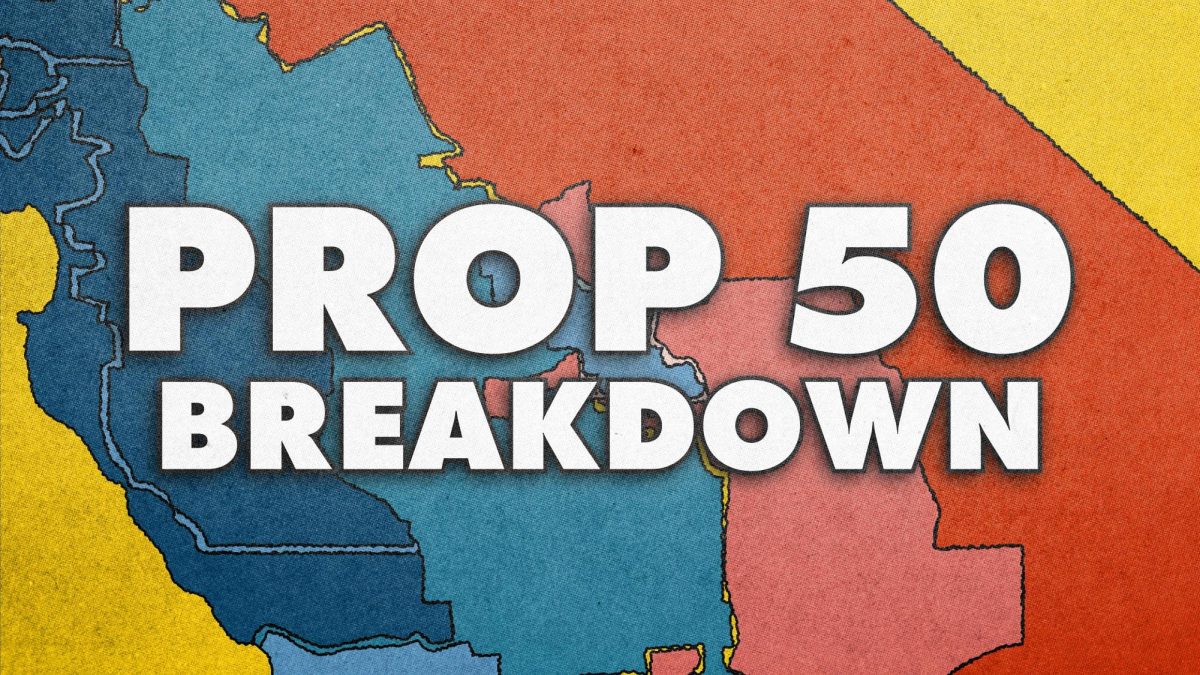As of Oct 1, 2025, the U.S. federal government entered a shutdown after lawmakers failed to pass funding bills in time. Many people may be wondering what that actually means and how it might affect them.
Alana Jeydel, a history and political science professor at Fresno City College, helped explain the government shutdown.
“It means that they [federal government] don’t have any money to operate because they couldn’t agree on spending bills,” Jeydel said. “The Constitution gives the House [of Representatives] the power of the budget and if those budget bills aren’t passed, the government can’t release funds to any agencies.”
In simpler terms, the federal government cannot legally spend money if Congress fails to pass a budget. “The money exists, it’s in the treasury,” Jeydel said. “But nothing can be done with it unless these budget bills are agreed to.”
Federal funds can only be spent if Congress approves it by law. In other words, no spending plan means no money for government programs to operate.
Government shutdowns aren’t new. Data compiled by NPR shows that since 1980, there have been more than 20 funding gaps. Some lasted just a few days, others stretched on for weeks. The longest one occurred between 2018 and 2019, lasting 34 days.
Who Is Affected
For most people, the shutdown doesn’t disrupt their daily life completely. State Center Community College District Chancellor Carole Goldsmith sent an email to students on Oct. 1, writing that although communication with the Department of Education will slow as a result of the shutdown, financial aid systems and grants for students will not be affected.
“All the systems we utilize to draw down funds will still be available and will follow a similar process as before. Our finance departments, in accessing the systems they utilize for drawdowns, should expect slowdowns,” Goldsmith wrote in her email.
David El Fattal, the vice chancellor of finance and administration at SCCCD, confirmed that the district and FCC will not be directly affected by the shutdown at this time.
“For all intents and purposes, we will not be directly impacted by that,” El Fattal said.
Jeydel detailed the professions outside of education that will see delays in federal funding.
“Essential employees continue to work, they’re just not paid until the government opens again,” Jeydel said. “That includes things like the military, social security, financial aid, TSA and air traffic control.”
Not all government work stops. Those parts considered “essential” services tied to public safety, national defense or health emergencies usually keep operating.
Programs like Medicare continue to operate, but others such as food assistance through SNAP or WIC could face disruptions if the shutdown drags on.
“It might start trickling down to impacting our students who rely on programs like SNAP or WIC,” Jeydel said. “So it’s not something to panic about, but it’s definitely something to keep an eye on.”
Some students may have family members who work for federal agencies that are not considered essential and are temporarily laid off.
“They will get paid back once the budget starts,” Jeydel said. “But they just don’t have it right now, and that’s hard.”
What Students Should Know
Most students won’t immediately feel the effects, however Jeydel emphasized that those depending on federal assistance should be aware of local and state resources.
“There’s local help, there’s county food and housing assistance, and those aren’t impacted by the federal shutdown,” Jeydel said.
Jeydel encouraged students to take action in small but meaningful ways.
“Write to your senators or representatives. Tell them your story and how this impacts you,” Jeydel said. “Those stories matter, and they really do make a difference.”
Staying Informed
For students feeling anxious about the news, Jeydel advised students to stay informed without getting overwhelmed.
“Follow a couple of reliable sources like CalMatters or NPR,” Jeydel said. “Don’t doomscroll, and make sure what you’re reading is accurate. And if this affects you or your family, write to your members of Congress. Those stories matter.”
Despite uncertainty, Jaydel said that these shutdowns always end eventually, even if they take time.
“They will come up with a budget,” Jeydel said. “It’s just a matter of how long it takes. In the meantime, students should know there are state and local resources that can help fill the gap.”








